Estonian charged with Communist genocide
The authorities in Estonia said Wednesday that they had charged a cousin of a former Estonian president with genocide.
Thursday, 23.08.2007.
11:56

The authorities in Estonia said Wednesday that they had charged a cousin of a former Estonian president with genocide. Arnold Meri faces charges for his role as a Communist bureaucrat involved in the deportation of civilians to Siberia in 1949. Estonian charged with Communist genocide Meri, an Estonian who fought against the Nazis and became a prominent official in the Communist Party during the decades of Soviet occupation in the Baltics, was charged with genocide last week, his lawyer and authorities said. If convicted, Meri, 88, could face life imprisonment. The authorities accused Meri of organizing the deportation of 251 Estonian civilians, most of them women and children, from the island of Hiiumaa to the Novosibirsk region of Siberia, where 43 of them died. Their exile occurred during a grim period of Stalinist reprisals after World War II, when more than 20,700 Estonians were forcibly moved to Russia by the KGB, according to official Estonian accounts. No date has been set for the trial. But the possibility of a public airing of the emotionally potent charge of genocide carried the potential of further inflaming the already poor relations between Estonia and Russia. Meri, a cousin of Lennart Meri, the president of Estonia from 1992 to 2001, has long complained that his country has labeled him a traitor, and has said that accusations against him were unfair and a misreading of history. His lawyer said Meri would defend himself on the grounds that while he participated in the deportations, he was actually trying to protect fellow citizens being sent into exile. "His explanation is that he was sent by the Communist Party as a check against KGB action," said his lawyer, Sven Sillar, by telephone. "Mr. Meri's defense position is that he cannot be regarded as an accomplice of the KGB." Sillar added, "He could be regarded as an ombudsman. He protected people's rights." As an example, he said, Meri claims that he made certain that deportees traveled with the full allotment of personal possessions allowed under Soviet rules, and that no violence was used against them as they were rounded up and shipped away by train. The Estonian authorities appeared unmoved. "That is a possible concept—that there is an ombudsman when you are committing crimes against humanity," said Martin Arpo, superintendent of the Security Police Board, the police and intelligence service responsible for investigating war crimes. Among those deported from Hiiumaa were 13 people older than 75 and 61 children younger than 12, Arpo said in a telephone interview. Investigators later found and interviewed 78 survivors from the Hiiumaa group, some of whom may testify in court. Estonia and Russia have quarreled since the early 1990s about the interpretation of the Soviet period, which the Kremlin has tried to portray as a liberation from Nazism. Many Estonians and Estonian officials recall the era as an ordeal of occupation, subjugation, economic stagnation and state-sponsored terror. The wounds have lingered. Estonia joined both NATO and the European Union in 2004, and snubbed an invitation from the Kremlin to attend a celebration on Red Square in 2006 commemorating the defeat of Nazi Germany. Its leaders noted that freedom did not arrive in Estonia with Hitler's defeat. This spring, the Estonian government also relocated a Soviet war-era memorial from Tallinn, the Estonian capital, prompting riots and diplomatic fury from Russia, which treated the action as a desecration of the Soviet war dead. Massive cyberattacks, which Estonian officials suggested came from Russia, soon temporarily disabled many Estonian government and corporate computer networks. Meri had been given the title of Hero of the Soviet Union, and had been received in Red Square and at the Kremlin, where he has been hailed as a veteran of the war against the Nazis. Dmitry Peskov, a spokesman for President Vladimir Putin of Russia, reacted cautiously to the genocide charge, saying that he hoped Meri would not stand trial, "taking into account a lot of factors, including the humanitarian one - the guy is 88 years old." He added, "Of course we are very sorry that the Estonian government is still fighting with the past, instead of looking into the future." Many countries formerly in the Soviet sphere have tried to force assessments of the crimes and privations of communist times. Moscow has generally resisted. This month, a document surfaced from archives in Germany that apparently detailed a directive in 1973 to East German border guards to shoot to kill citizens trying to flee to West Germany.
Estonian charged with Communist genocide
Meri, an Estonian who fought against the Nazis and became a prominent official in the Communist Party during the decades of Soviet occupation in the Baltics, was charged with genocide last week, his lawyer and authorities said.If convicted, Meri, 88, could face life imprisonment.
The authorities accused Meri of organizing the deportation of 251 Estonian civilians, most of them women and children, from the island of Hiiumaa to the Novosibirsk region of Siberia, where 43 of them died.
Their exile occurred during a grim period of Stalinist reprisals after World War II, when more than 20,700 Estonians were forcibly moved to Russia by the KGB, according to official Estonian accounts.
No date has been set for the trial. But the possibility of a public airing of the emotionally potent charge of genocide carried the potential of further inflaming the already poor relations between Estonia and Russia.
Meri, a cousin of Lennart Meri, the president of Estonia from 1992 to 2001, has long complained that his country has labeled him a traitor, and has said that accusations against him were unfair and a misreading of history.
His lawyer said Meri would defend himself on the grounds that while he participated in the deportations, he was actually trying to protect fellow citizens being sent into exile.
"His explanation is that he was sent by the Communist Party as a check against KGB action," said his lawyer, Sven Sillar, by telephone. "Mr. Meri's defense position is that he cannot be regarded as an accomplice of the KGB."
Sillar added, "He could be regarded as an ombudsman. He protected people's rights."
As an example, he said, Meri claims that he made certain that deportees traveled with the full allotment of personal possessions allowed under Soviet rules, and that no violence was used against them as they were rounded up and shipped away by train.
The Estonian authorities appeared unmoved. "That is a possible concept—that there is an ombudsman when you are committing crimes against humanity," said Martin Arpo, superintendent of the Security Police Board, the police and intelligence service responsible for investigating war crimes.
Among those deported from Hiiumaa were 13 people older than 75 and 61 children younger than 12, Arpo said in a telephone interview. Investigators later found and interviewed 78 survivors from the Hiiumaa group, some of whom may testify in court.
Estonia and Russia have quarreled since the early 1990s about the interpretation of the Soviet period, which the Kremlin has tried to portray as a liberation from Nazism. Many Estonians and Estonian officials recall the era as an ordeal of occupation, subjugation, economic stagnation and state-sponsored terror.
The wounds have lingered. Estonia joined both NATO and the European Union in 2004, and snubbed an invitation from the Kremlin to attend a celebration on Red Square in 2006 commemorating the defeat of Nazi Germany. Its leaders noted that freedom did not arrive in Estonia with Hitler's defeat.
This spring, the Estonian government also relocated a Soviet war-era memorial from Tallinn, the Estonian capital, prompting riots and diplomatic fury from Russia, which treated the action as a desecration of the Soviet war dead.
Massive cyberattacks, which Estonian officials suggested came from Russia, soon temporarily disabled many Estonian government and corporate computer networks.
Meri had been given the title of Hero of the Soviet Union, and had been received in Red Square and at the Kremlin, where he has been hailed as a veteran of the war against the Nazis.
Dmitry Peskov, a spokesman for President Vladimir Putin of Russia, reacted cautiously to the genocide charge, saying that he hoped Meri would not stand trial, "taking into account a lot of factors, including the humanitarian one - the guy is 88 years old."
He added, "Of course we are very sorry that the Estonian government is still fighting with the past, instead of looking into the future."
Many countries formerly in the Soviet sphere have tried to force assessments of the crimes and privations of communist times. Moscow has generally resisted.
This month, a document surfaced from archives in Germany that apparently detailed a directive in 1973 to East German border guards to shoot to kill citizens trying to flee to West Germany.












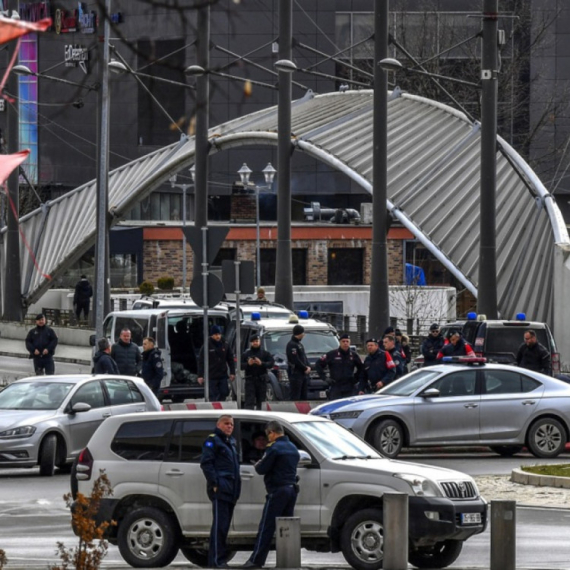
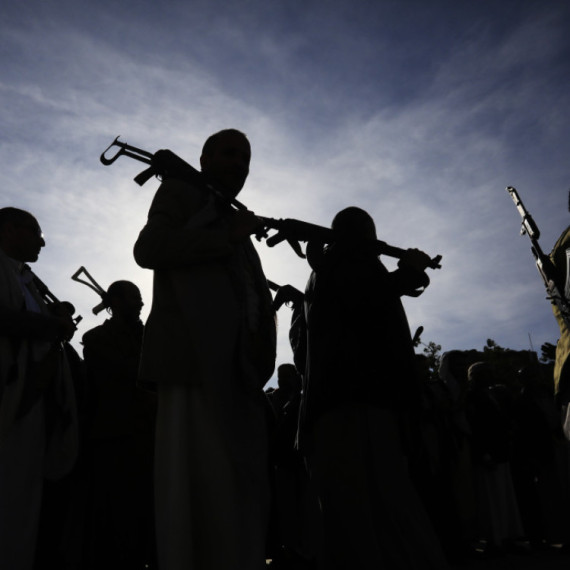

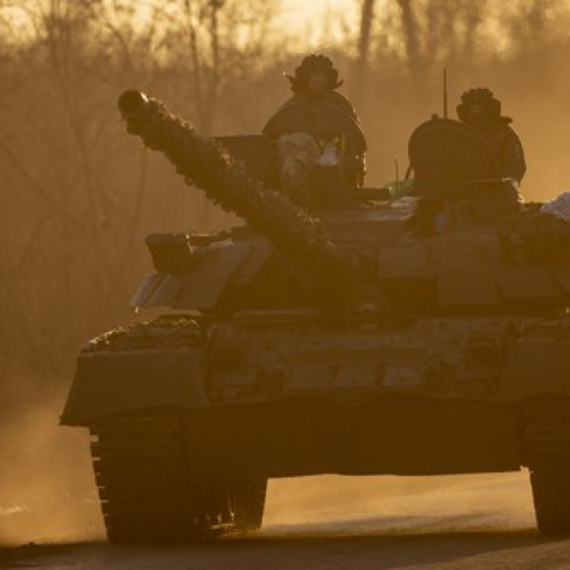


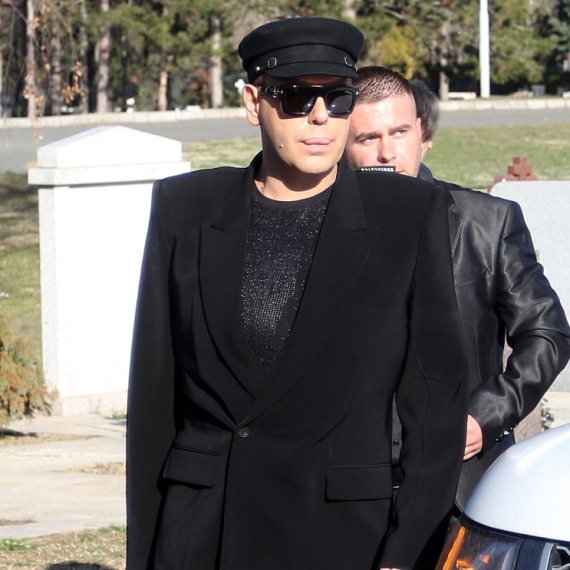



































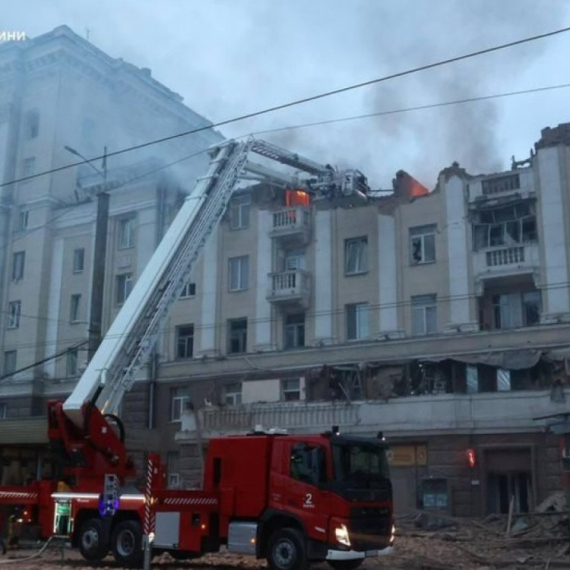
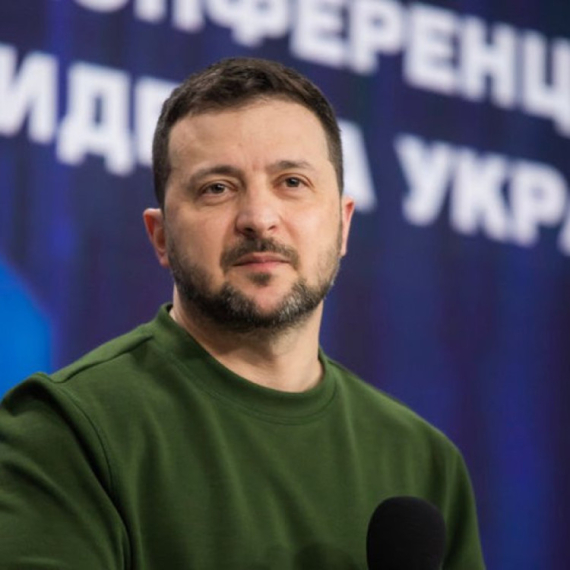
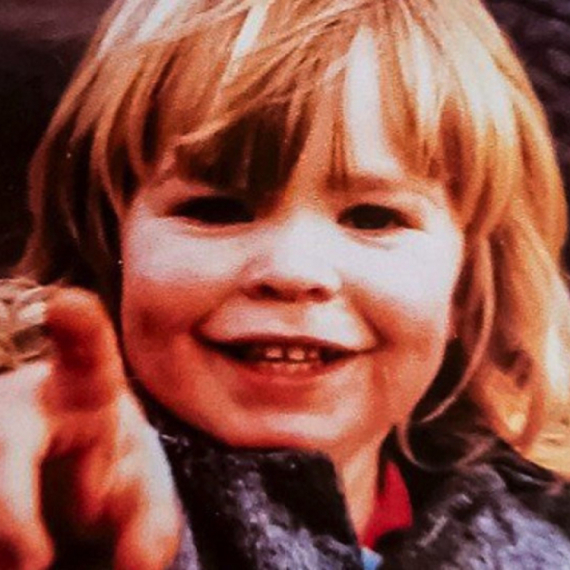

Komentari 0